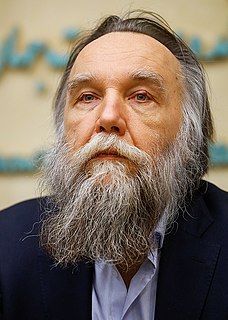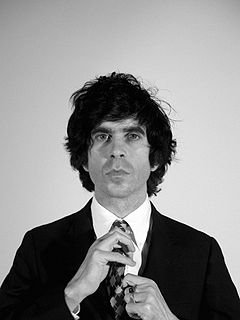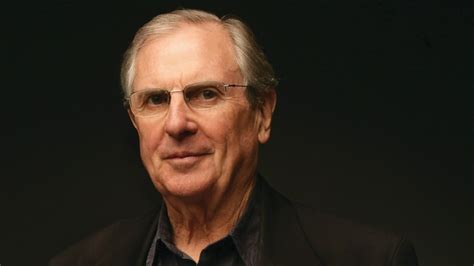A Quote by Aleksandr Dugin
The American empire should be destroyed.
Quote Topics
Related Quotes
American Empire- it is an empire that lacks the drive to export its capital, its people and its culture to those backward regions which need them most urgently and which, if they are neglected, will breed the greatest threats to its security. It is an empire, in short, that dare not speak its name. It is an empire in denial.
Trump wants to be an autocrat, he does want to be a Vladimir Putin-style ruler. His chief strategic advisor, Steve Bannon, is a follower of Alexander Dugin. Dugin believes liberal democracy should be destroyed and it should be destroyed from the right, and an alliance of autocracy should form between the United States, Europe and Russia, in order to confront Islam.
... the connection between imperial politics and culture is astonishingly direct. American attitudes to American "greatness", to hierarchies of race, to the perils of "other" revolutions (the American revolution being considered unique and somehow unrepeatable anywhere else in the world) have remained constant, have dictated, have obscured, the realities of empire, while apologists for overseas American interests have insisted on American innocence, doing good, fighting for freedom.
The New World Order is a more palatable name for the Anglo American world empire. It's the planetary domination of London, New York, Washington over the rest of the world. It's hard to get people to join that or think they have a part in it if you called it the Anglo American world empire. If you call it the New World Order, then people in India or some place like that or the European Union might think, "Well, there's something there for us too." But that's not what it is; it's the Anglo American New World Order.
You cannot be less than you are now. You cannot achieve a vibration that is less than the vibration that you have achieved. That's why when someone achieves an empire and then something happens where it is lost or destroyed, they still have the vibration that they've achieved, and the empire will come back again - you see it all the time - because it is the vibrational status that the Universe is responding to, not the financial status.
The decline of Rome was the natural and inevitable effect of immoderate greatness. Prosperity ripened the principle of decay; the cause of the destruction multiplied with the extent of conquest; and, as soon as time or accident and removed the artificial supports, the stupendous fabric yielded to the pressure of its own weight. The story of the ruin is simple and obvious: and instead of inquiring why the Roman Empire was destroyed we should rather be surprised that it has subsisted for so long.


































